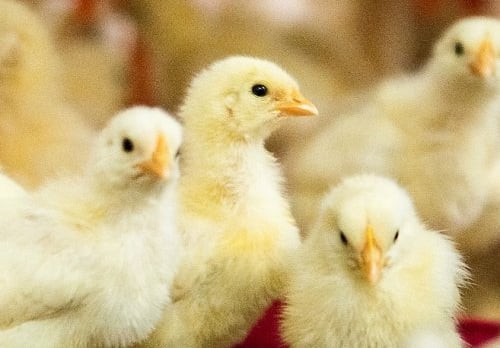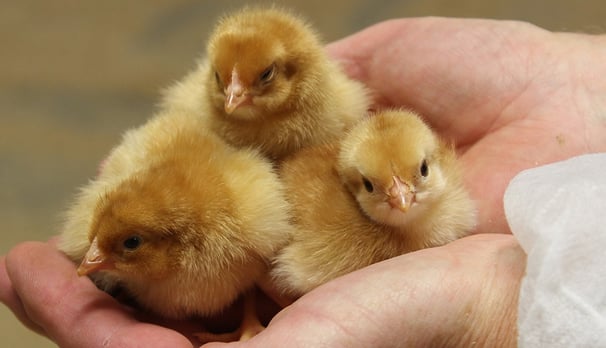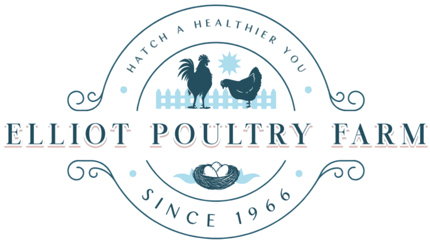Vaccination plan for chick rearing
At Elliott Farm Inc., we are dedicated to ensuring the health, productivity, and welfare of every bird under our care. We understand that chick rearing is a critical phase in poultry farming, requiring meticulous attention to nutrition, housing, and disease prevention. A robust vaccination plan is at the core of our commitment to safeguarding our flocks against common and emerging diseases.
Our vaccination plan for chick rearing is tailored to protect against region-specific diseases, minimize mortality, and optimize growth performance. It reflects our expertise and adherence to industry standards, ensuring that each bird receives the necessary immunizations at the right time. Through strategic vaccination, Elliott Farm Inc. not only guarantees the well-being of our flocks but also supports sustainable and profitable farming practices for our partners and stakeholders.
By implementing a structured vaccination schedule, we aim to provide peace of mind to our farmers, ensuring high-quality, healthy poultry that meets market demands.




Vaccination Plan for chick rearing
A robust vaccination plan is essential to ensure the health and productivity of poultry. Below is a comprehensive vaccination schedule, which includes common vaccines and additional recommendations to enhance flock immunity:
Day 1 (Hatchery)
Marek’s Disease Vaccine: Administer subcutaneously.
Day 7
Newcastle Disease Vaccine (Live): Administer via drinking water or as an eye drop.
Infectious Bronchitis Vaccine: Administer via spray or drinking water.
Day 14
Gumboro Disease (Infectious Bursal Disease) Vaccine: Administer via drinking water.
Fowl Pox Vaccine: Administer by wing web puncture (if applicable).
Day 21
Newcastle Disease Vaccine (Booster): Administer via drinking water or spray.
Infectious Bronchitis (Booster): Administer via drinking water or spray.
Day 28
Gumboro Disease Vaccine (Booster): Administer via drinking water.
Week 6
Avian Encephalomyelitis Vaccine: Administer via drinking water (if needed).
Coryza Vaccine: Administer via injection (if prevalent in the area).
Week 8
Fowl Cholera Vaccine: Administer via injection.
Week 10
Fowl Typhoid Vaccine: Administer via injection.
Week 12
Mycoplasma Gallisepticum Vaccine: Administer via injection or drinking water.
Salmonella Vaccine: Administer via injection.
Additional Recommendations:
Avian Influenza Vaccine: Administer based on local regulations and disease prevalence.
E. coli Vaccine: Administer via injection or drinking water to prevent colibacillosis.
Coccidiosis Control: Use medicated feed or coccidiosis vaccine at the hatchery stage.
Monitor and Record: Maintain a vaccination log for each flock, including dates, vaccine types, and administration methods.
Reassess Needs: Consult a veterinarian periodically to adjust the vaccination schedule based on regional disease outbreaks or farm-specific risks.
This plan ensures a strong foundation for disease prevention, promoting the health and productivity of your flock. Always consult with a veterinarian to tailor the schedule to your specific farming conditions.
